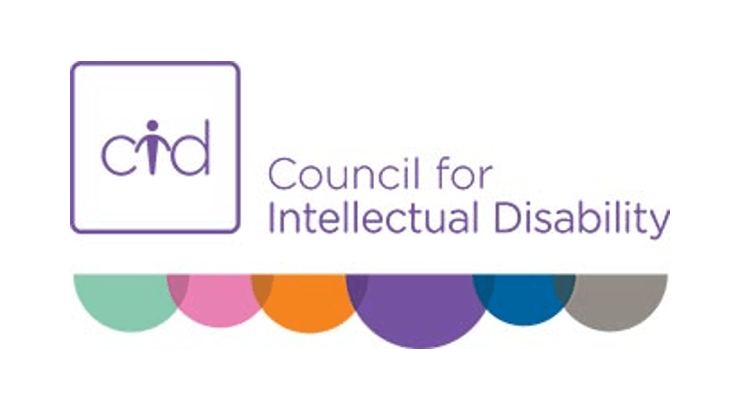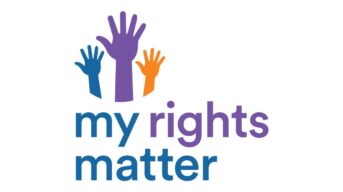
Update on transfer of accommodation services to the NGO sector
The NSW Ombudsman will scrutinise transfer of accommodation for people with complex support needs.
While Council for Intellectual Disability still has major concerns about the Ageing Disability and Home Care (ADHC) transfer, our advocacy has brought about one safeguard to protect residents moving into housing run by the non-government organisation (NGO) sector. The NSW Ombudsman is now conducting an inquiry into the transfer of accommodation for many people with complex needs. The inquiry will look closely at how the transfer is working, and bring together a reference group to seek to solve problems as they come up. CID is represented on the reference group, along with NSW government agencies and some other advocacy groups.
CID has had major concerns from the start about the ADHC transfer of accommodation services, particularly services for people with complex support needs. Historically, ADHC has been the main service provider for people with complex needs and there is a legitimate concern about whether the NGO sector has the breadth of skills to fill ADHC’s role for so many new residents.
CID welcomes the Ombudsman’s inquiry and the funding provided by ADHC to make it happen.
The contracts for residents of group homes have been improved but questions remain
In our blog in August, we warned that residents of ADHC group homes would be left vulnerable to eviction at short notice, under one-sided contracts they were being asked to sign with their new provider organisations.
ADHC responded with their own blog, Agreements for residents in group homes.
The ADHC blog included new sample contracts, which addressed some of the problems we had highlighted.
In particular, the new contracts narrow the range of situations where accommodation and service providers can terminate residency or services. During the first two years, providers may only terminate in specific situations, in particular where there is a serious risk of harm to the resident or other people. Also, termination requires the approval of the National Disability Insurance Agency.
However, we have pointed out to ADHC that the new sample contracts do not cover some of the important protections that were detailed in the Department’s fact sheet:
- The blanket statement that providers cannot withdraw their services in group homes for two years.
- The statement that, “Any further agreement after two years …. must be on substantially similar terms.”
ADHC has replied that these issues are covered in the transfer of services contracts between ADHC and the new providers.
We also questioned the ADHC statement that residents have a guaranteed placement for the full length of the Government’s leases of the group homes to the accommodation provider. This statement is contradicted by the accommodation agreement: after the first two years, the accommodation provider is given the power to evict a resident on 90 days’ notice for any reason.
ADHC has responded by saying that service providers will work with the resident to provide the right support if the resident wants to stay.
ADHC has assured us that the NSW Government will make sure service providers comply with their obligations and pointed out that residents can make complaints if they have grievances.
We are pleased that ADHC has made some improvements to the contracts.
But it doesn’t make sense that some of the protections for residents are only in the ADHC contracts with the service providers. It is unclear how residents and families would enforce these protections. ALL protections should be in the residents’ contracts.
We remain concerned that some residents with complex needs may face eviction by NGOs in circumstances where ADHC would have felt obliged to hang in there and try harder to meet the residents’ needs.
CID is surprised and disappointed that ADHC has said that our blog has caused “unnecessary alarm for people with disability, their families, carers and guardians”. We consulted ADHC before publishing the blog and we were doing our duty to warn people of very unfair contracts.
More information
If you want more information, you can contact our information service on 02 92111611.
If residents or their families want legal advice in relation to the contracts, they can contact the Intellectual Disability Rights Service on:
Telephone – 02 9318 0144
Fax – 02 9318 2887
Website – www.idrs.org.au
Email- info@idrs.org.au
IDRS has been looking into the legal actions residents could take if they have signed unfair contracts.



 1800 424 065
1800 424 065 














